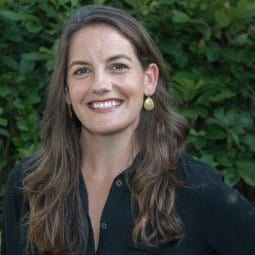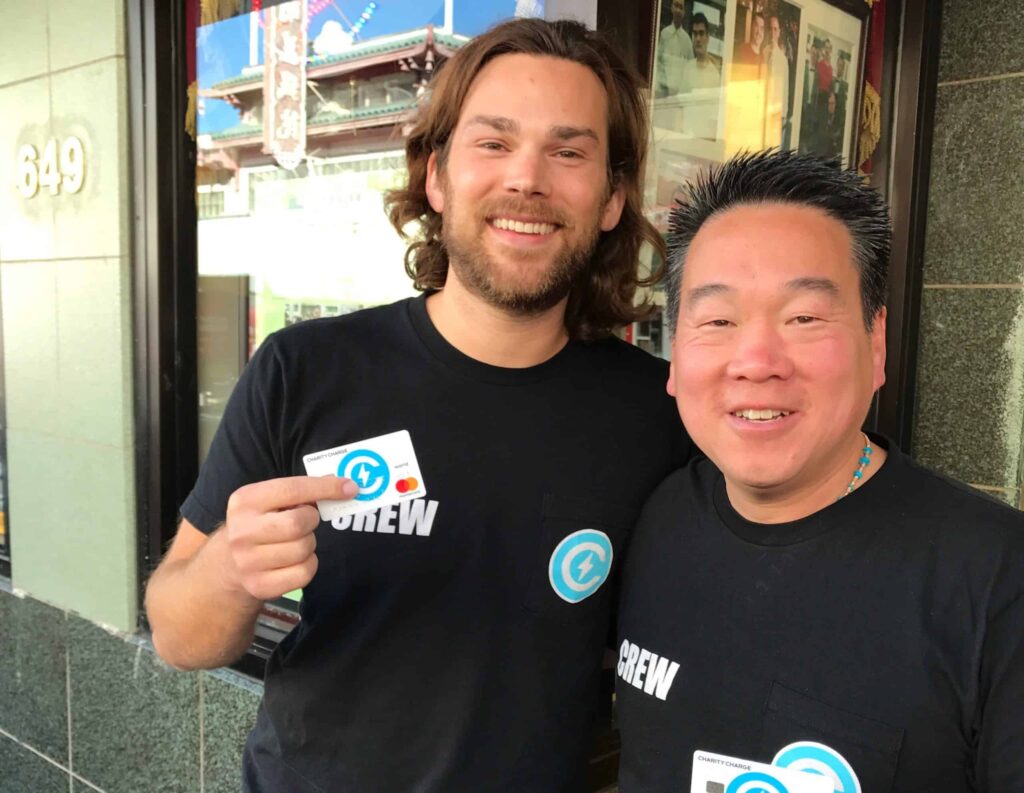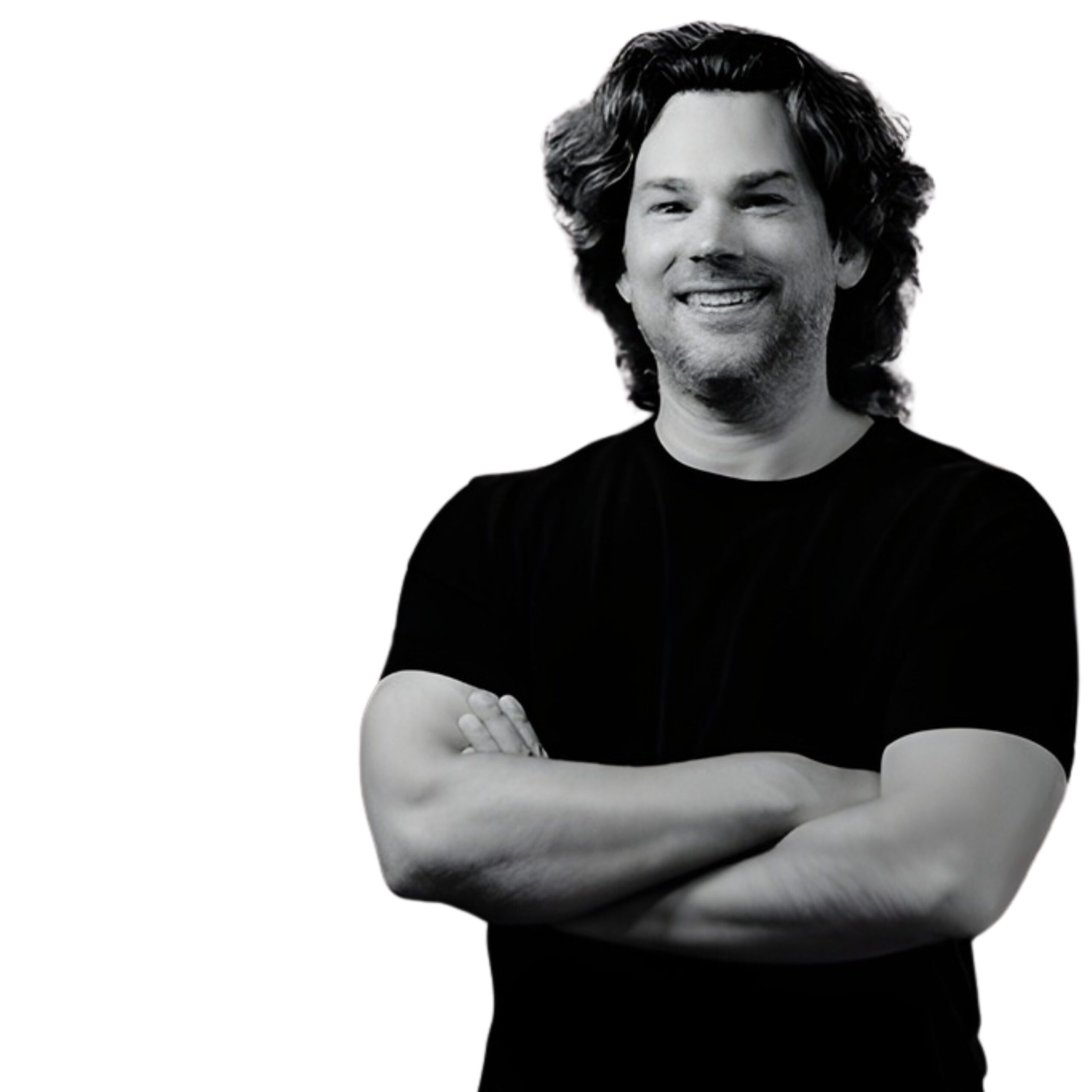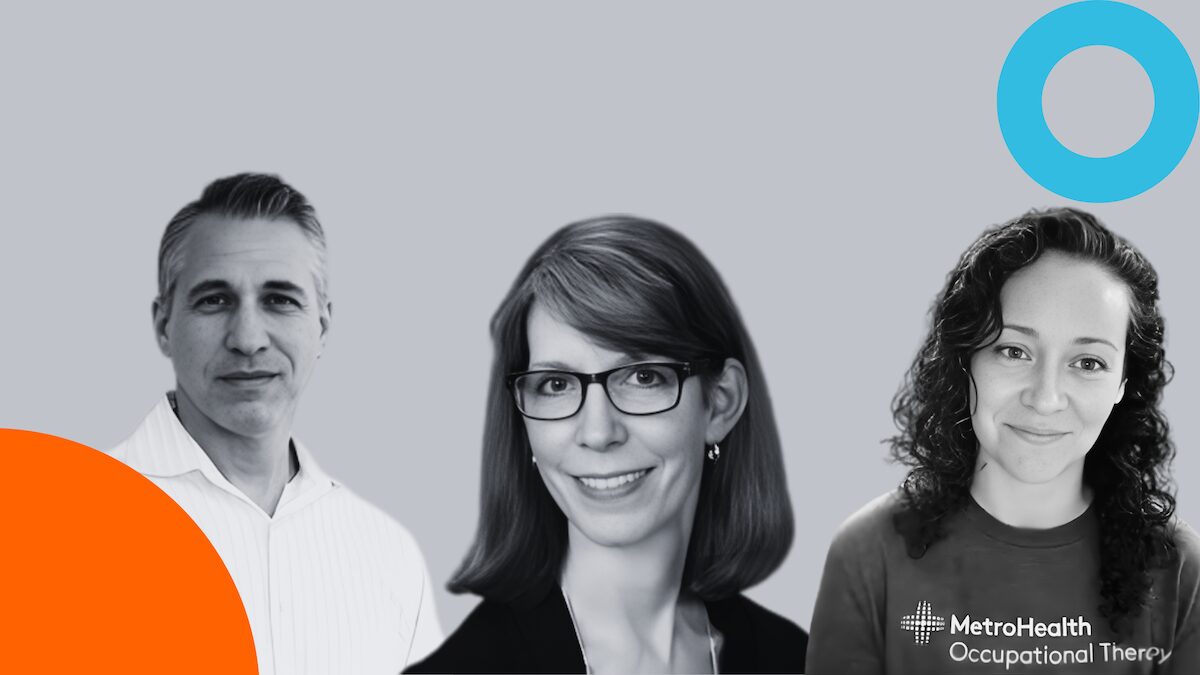In a recent episode of the Charity Charge Show, Dr. Jacklyn Chisholm, President and CEO of Step Forward, shared her insights on leading one of Ohio’s most impactful community action agencies. With over 60 years of history, Step Forward exists to help low-income families move from poverty to self-sufficiency.
Under Dr. Chisholm’s leadership, the organization has modernized operations, raised employee wages, and reinforced a culture built on trust and accountability.
A Legacy of Service
Founded in 1965 as part of President Lyndon Johnson’s War on Poverty, Step Forward provides vital support to nearly 30,000 individuals annually. Its programs range from Head Start early childhood education to energy assistance, workforce development, and emergency services.
For many families in Cuyahoga County, Step Forward serves as a one-stop shop for resources that meet both immediate needs and long-term goals.
Leading Through Crisis and Change
When Dr. Chisholm took the helm more than a decade ago, the organization faced significant challenges—including outdated systems, low staff wages, and uncertainty after her predecessor’s departure. She prioritized listening to employees, standardizing pay structures, and implementing technology upgrades.
“We had people making $8 an hour while being asked to care for families in crisis,” she explained. “If I don’t take care of you as the employee, I can’t expect you to do your best for the clients we serve.”
This intentional investment in staff has strengthened morale, improved retention, and laid the groundwork for an organizational culture based on transparency and trust.

Balancing Mission and Business
Dr. Chisholm underscored a reality many nonprofit leaders face today: the need to operate with both compassion and business acumen. Step Forward’s $50 million budget relies heavily on federal funding, yet fluctuations in federal priorities create constant risk.
“You can no longer run a nonprofit focusing only on mission,” she said. “Today’s nonprofit leader must also understand the business side—cash flow, sustainability, and return on investment.”
This dual focus has guided Step Forward to expand its advocacy work, diversify revenue streams, and build a foundation for long-term sustainability, including the pursuit of an endowment.
A Transformational Leadership Style
Drawing on her background in anthropology and systems thinking, Dr. Chisholm describes her approach as transformational leadership: bringing order to chaos, questioning outdated processes, and empowering staff to contribute ideas.
“I love puzzles. My role is to put the pieces together in a way that makes sense for today’s needs,” she said. “And if we’re not meeting today’s needs, then we have to stop and change.”
Looking Ahead
Step Forward’s mission is more critical than ever as economic uncertainty continues to affect families. The organization faces growing demand for services amid federal funding challenges and workforce shortages. Dr. Chisholm hopes the next decade will see Step Forward with a strong endowment, increased community partnerships, and continued impact for generations to come.
“Our biggest ask right now is financial support,” she shared. “We’ve been here 60 years, and I want us to be here 160 more—because the need is not going away.”
How to Support Step Forward
Individuals and organizations can support Step Forward through donations, volunteering, and advocacy. Contributions help sustain essential programs that provide stability and opportunity to thousands of families each year.
To learn more or donate, visit stepforwardtoday.org.
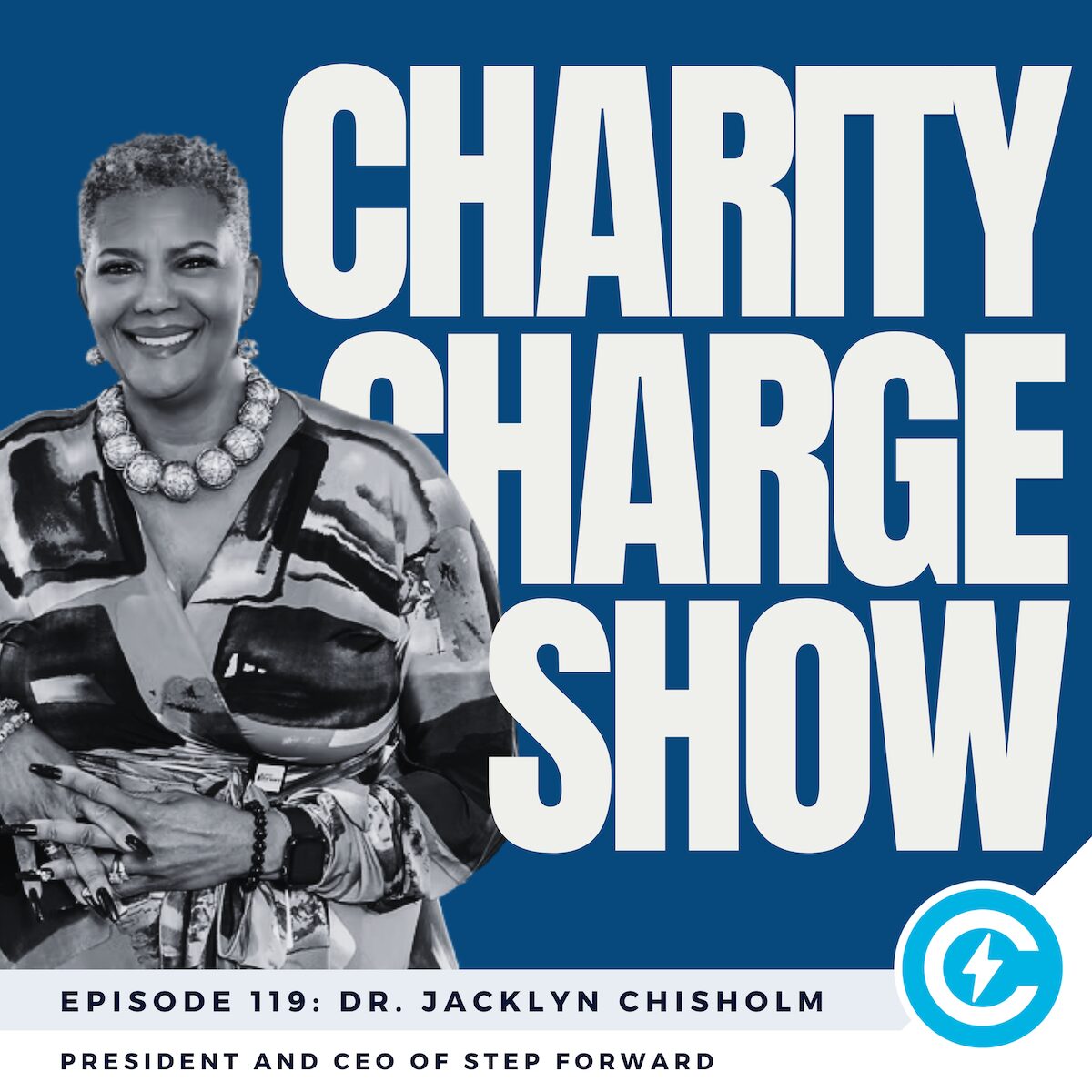
Q&A Transcript
Q: For those unfamiliar, what does Step Forward do?
Dr. Chisholm: Step Forward was founded in 1965 during President Lyndon Johnson’s War on Poverty. We help low-income families in many ways—emergency services like food, clothing, and furniture; energy assistance; job training; counseling; and early childhood education through Head Start. We even support pregnant mothers.
At the heart of it, our mission is simple: help families move from poverty to self-sufficiency.
Q: You’ve led the organization for over a decade. What changes stand out during your tenure?
Dr. Chisholm: When I arrived, we were still using typewriters in a $50 million organization. We’ve since automated all systems and shifted operations into the cloud.
Another big change was raising staff salaries. Many employees were earning so little they qualified for our own services. That wasn’t acceptable. Over time, we restructured salaries, standardized pay scales, and ensured everyone earned at least a living wage.
Q: Why was adjusting salaries such an important priority?
Dr. Chisholm: You can’t expect staff to take care of people in crisis if you don’t take care of them first. Increasing wages wasn’t just about fairness—it was about culture. It showed employees we meant what we said.
We also built trust by listening. When staff told me they hadn’t had raises in years, we acted. That’s how you create accountability and a healthier workplace.
Q: You stepped in during a difficult moment for the organization. How did you rebuild trust?
Dr. Chisholm: Five months before I started, my predecessor went to prison. Staff were scared. Funders were unsure about continued support.
I started by meeting every employee—420 at the time—for at least half an hour each. I wanted to hear their stories, why they worked here, and what ideas they had. I also established open, honest, direct communication as my personal mission. Transparency became non-negotiable.
It’s simple: if something goes wrong, I take responsibility. If something goes right, the team shares the credit.
Q: Federal funding makes up most of Step Forward’s revenue. How do you handle that uncertainty?
Dr. Chisholm: We are 97–98% funded by federal grants like Head Start, CSBG, and HEAP. That dependence is risky. We’ve invested in advocacy, both at the state and federal levels, and we’re now building a fundraising culture—including creating an endowment.
We can’t rely only on federal dollars anymore. Sustainability requires diversification.
Q: You often describe nonprofits as “charitable businesses.” What do you mean by that?
Dr. Chisholm: Mission and business are parallel. The business side allows us to do the charitable work. At the same time, funders support us because of our charitable mission.
Too often, nonprofits get in trouble by ignoring the business side—cash flow, reserves, endowments. Leaders today must understand financials, just as much as they understand programs.
Q: What advice would you give nonprofit leaders about balancing mission and business?
Dr. Chisholm: On the business side, have a strong CFO and finance team—but as a leader, you also must understand your numbers. Don’t leave that solely to finance.
On the mission side, hire passionate people. Remind them daily that the work matters, and expect them to bring their best—whatever that looks like that day. If you’re just here for a paycheck, this probably isn’t the right place.
Q: Where do you see Step Forward in the years ahead?
Dr. Chisholm: In the short term, we’re focused on meeting growing needs with limited resources. Teacher shortages, for example, have forced us to close classrooms. We have to be smarter about deploying people and dollars.
In the long term, I hope we’ll have a strong endowment and be financially stable enough to serve for another 60 years and beyond. My belief is that nonprofits must constantly ask: Are we meeting today’s needs? If not, we must adapt—even if it means ending outdated programs.
Q: For readers inspired by your work, how can they help?
Dr. Chisholm: Right now, financial support is our biggest need. Donations sustain critical programs and help us weather unpredictable federal funding.
We also welcome volunteers, especially in our Head Start programs, though those roles require background checks. For anyone who believes in our mission, the best step is to donate through our website: stepforwardtoday.org.


